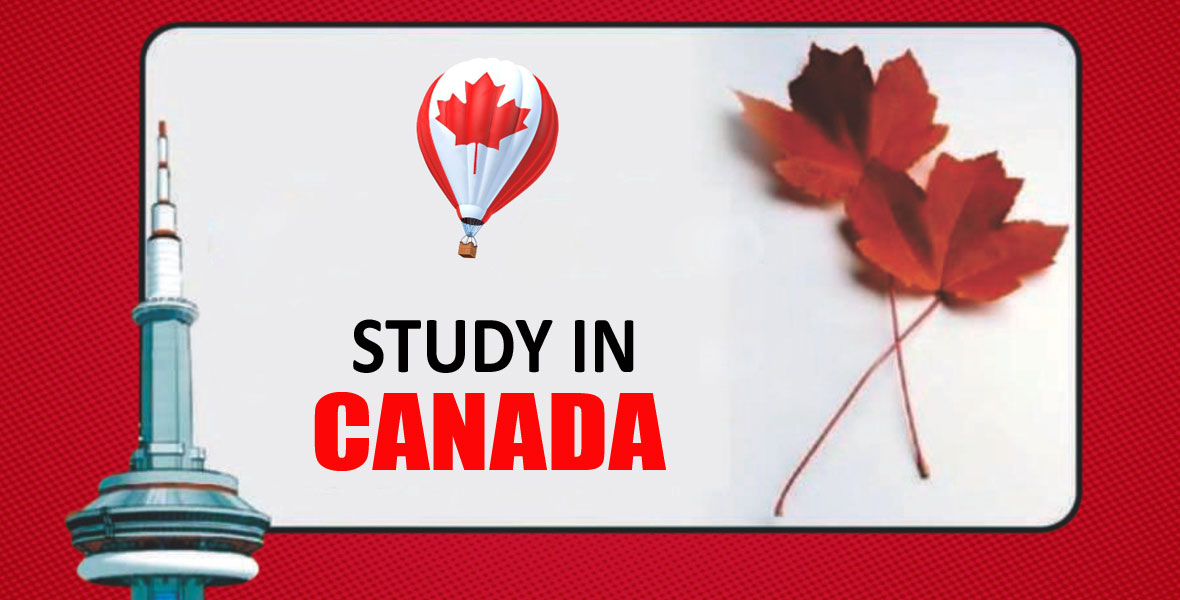Canada is a peaceful and beautiful country located to the north of the United States of America. One of the most powerful countries in the world, Canada has become a beacon to the world in growing economically, culturally and politically and yet maintaining a balance between development and empathy towards nature.
Along with the social and economic development, the educational system in Canada has also become one of the best in the world. A large number of students from around the world come to study in Canada and benefit from the excellent institutions, top class faculty and industry oriented course designs. Besides, Canada also has high standards of government transparency, civil liberties, quality of life, and economic freedom, making it a great place to live and work in. A large Indian population also lives in Canada. All these make Canada an excellent choice for studying, and a large number of students visit study in Canada consultants in order secure an opportunity to study in the country. But before you decide to visit an educational consultant, you should prepare well and meet all the requirements for studying in Canada.
- Get a Good Score in a Language Test
Most foreign universities ask for a good score in a language test. Because the medium of teaching in Canada is English, you must produce a good test score in an English language proficiency test like IELTS, TOEFL etc. You should check which test are considered valid in the university you are applying in, and appear in that test accordingly. Most universities in Canada accept an IELTS test score of 6 and above.
- Keep your Documents Handy
Most foreign universities have their own systems of weighing qualifying marks and verifying documents. You should also check with the university about the documents you will need to produce. Most universities in Canada require you to produce marks transcripts of your qualifying exams or an equivalency certificate from the qualifying institute.
- Keep your References Ready
Some courses in Canadian universities, especially those where admissions are held all year round like doctorate courses, require you to furnish reference letters. Reference letters are to be written by a teacher or a professor or a senior that you studied or worked under in order to vouch for your capabilities. You should therefore stay in touch with some of your previous teachers because you might have to ask them to write a reference letter for you.
- Prepare and Outline your Objectives
Admission to some courses, especially doctorates and masters courses require you to write cover letters or statements of purpose. These are statements written by the candidates themselves, outlining their aims and objectives for studying a particular course in Canada. Some courses also require you to produce a research outline. You should be ready to write all these.
- Visa Requirements
Canada student visa process is a tad different from other countries. Before beginning your studies, you will have to obtain a Study Permit and a Temporary Resident Visa (TRV) from the department of Citizen and Immigration Canada (CIC). The Study Permit is not a student visa, but a permit or a document which allows you to study in Canada. Getting a Student Permit requires that you have secured admission in a Canadian university and have ensured that you can afford to stay in Canada. Further information about these prerequisites can be found on the respective institutional websites. Indian students can also avail the Student Direct Scheme (SDS) which helps secure the Study Permit in under a month.

